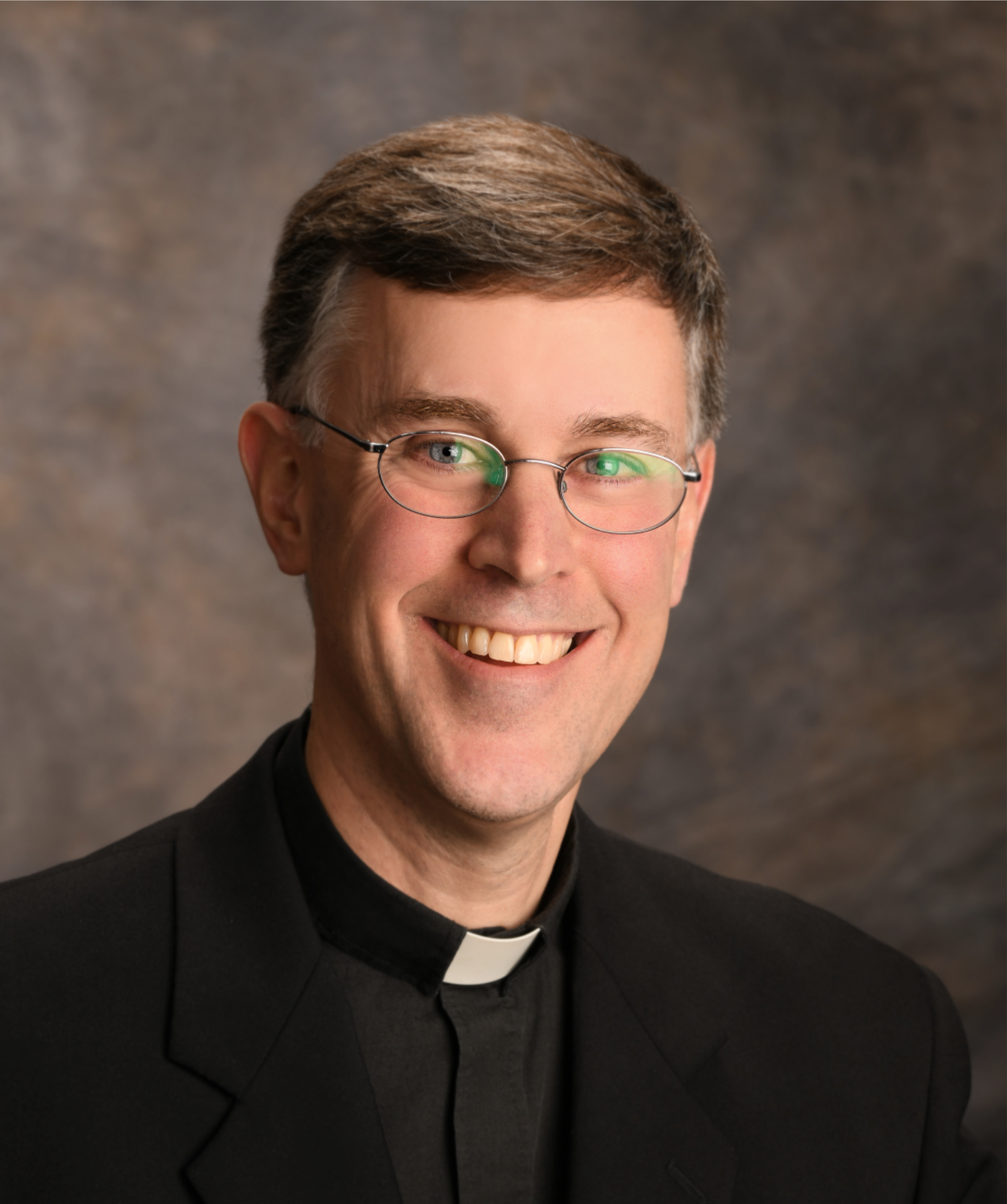
Rejoice and Be Glad - Weekday Homily Video
Jesus tells the disciples to “rejoice and be glad, for your reward will be great in heaven.” He tells them this right after He has finished preaching the Beatitudes, the famous sermon where Jesus gives hope to those who mourn or are meek, those who hunger and thirst for righteousness or are merciful … to name just a few of the actions that Jesus is elevating.
Jesus, as He often does in his teaching, takes a situation that the world sees as hopeless and without merit and offers encouragement and gives it meaning.
Happiness and Consolation
The Greek word for happy is connected to blessedness, not in an emotional sense, but in the sense of being fortunate to be in a privileged position. In the Jewish tradition, beatitudes are meant to encourage taking the good paths in life or to console those going through challenging times and remind them that they will be rewarded in the future. Both elements are present in Jesus’ sermon on the Mount.
Jesus tells us how to find happiness and consolation in our daily lives by hungering for righteousness, being merciful and clean of heart, seeking to be peacemakers, and being meek or obedient before God. In these instructions, Jesus describes what it means to be Christ-like.
In the last two verses, Jesus makes it abundantly clear that the Beatitudes are not just words of wisdom, but specific directions for Christians to live, providing a clear path for our daily lives.
The reference to “the persecuted” is not “they” but the use of the personal “you.” For example, “Blessed are you when they insult and persecute you.” This means that as we hear the Word of God proclaimed or as we read it in private, we hear Jesus speaking to each of us personally. (The Gospel of Matthew; Curtis Mitch and Edward Sri, pg. 91)
In these last two verses, there is also a direct connection to Jesus. Earlier in this gospel passage, Jesus spoke of people being persecuted for righteousness's sake, but in the final verses, He speaks of we, his disciples, being persecuted because of Him. (The Gospel of Matthew; Curtis Mitch and Edward Sri, pgs. 91-92)
The Challenge of the Beatitudes
At first glance, or maybe even in hearing them today, you or I might feel challenged to live each of these Beatitudes. This is where Jesus is challenging us to grow: what do you find hard to understand or to live in these Beatitudes? If you can, ask your family members to also consider this question. Then let’s bring these challenges to prayer, asking God to help us to better understand and to seek to live in a way that is truly Christ-like; for if we do, Jesus has told us to “rejoice and be glad, for our reward will be great in heaven.” That is a great encouragement that can lead us toward virtue and holiness in our families and beyond … a reason to rejoice and be glad!
- Father David's inspirational homily was recorded live during Mass at the Father Peyton Center this morning. Please view the video on our Facebook page. (You don't need a Facebook account to view.)
- To view the Rosary prayer and Mass streaming live, please visit our Facebook page at 11:30 a.m. Eastern, Monday – Friday. Please invite your loved ones to join us too! (If you are not a member of Facebook and a signup window appears, simply select the X at the top of the pop-up message and continue to the livestream.)
About Father David Marcham
Reverend David S. Marcham is the Vice Postulator for the Cause of Venerable Patrick Peyton, and Director of the Father Peyton Guild, whose members pray for Father Peyton’s beatification and spread his message of the importance of Family Prayer. Prior to becoming a seminarian, Father David was a physical therapist and clinical instructor, serving hospital inpatients and outpatients throughout the greater Boston area for eleven years. In 1998 he heard the call to priesthood and was ordained in the Archdiocese of Boston in 2005. Father David grew up in Quincy, MA, and has fond memories of playing soccer, tennis and running track. You’re never without a friend when Father David is around, as he welcomes everyone into his circle with a smile on his face!

